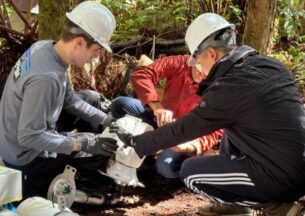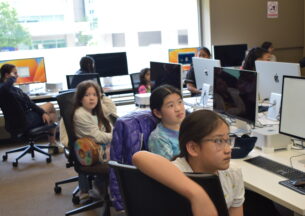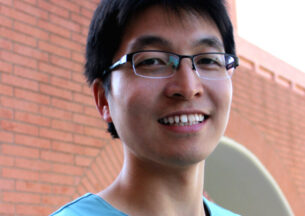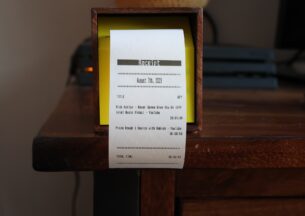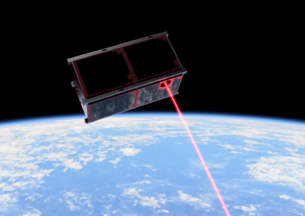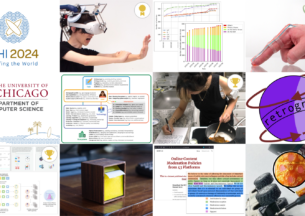UChicago CS To Welcome Nine New Faculty Members Over the Next Two Academic Years
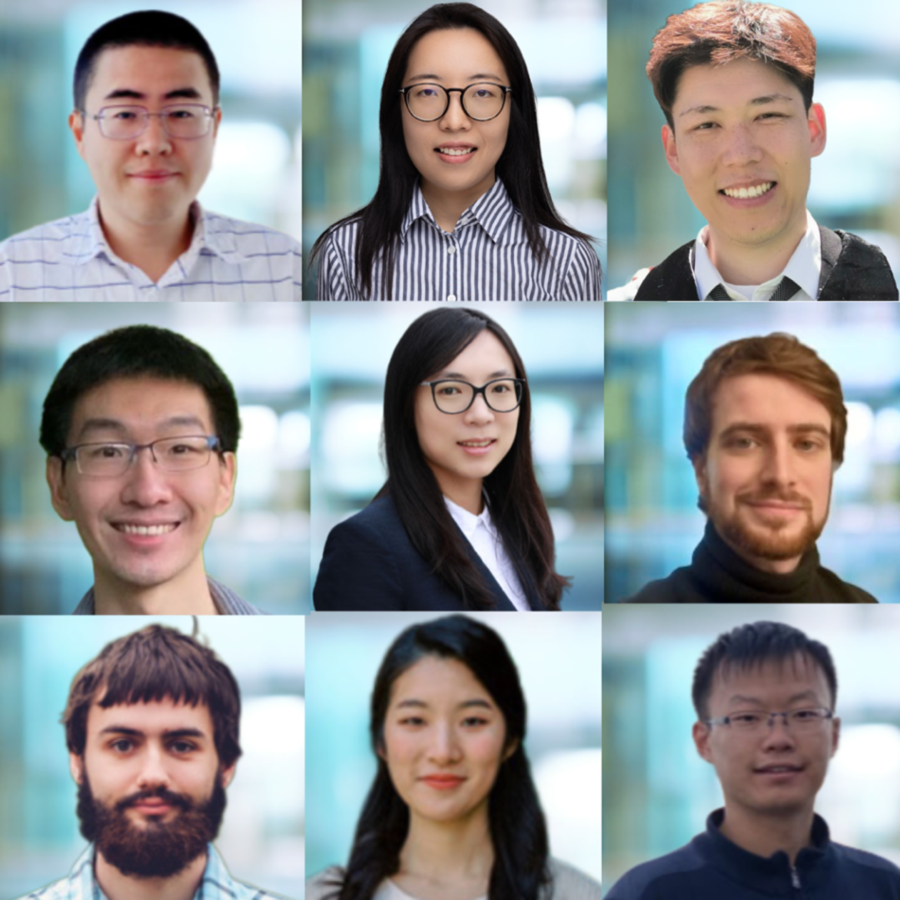
The Department of Computer Science is excited to welcome nine new faculty members over the next two academic years. As experts in areas like machine learning, theory, human-computer interaction, and privacy and security, the new faculty will contribute to the rapid expansion of computer science research at the University of Chicago.
In depth profiles for each faculty member will be added later this year.
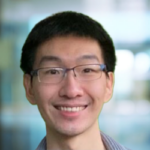 Grant Ho is an incoming Assistant Professor starting in July of 2023. His research studies computer security, with a particular interest in problems at the intersection of data and security. His recent work focuses on improving the security of enterprises, which includes developing new algorithms and systems to thwart attacks (e.g., phishing, ransomware, and data breaches), and conducting large-scale analyses to better understand emerging threats as well as the costs and burdens of deploying security measures. Grant will be joining the department from UC San Diego where he was a CSE Postdoctoral Fellow and a Visiting Researcher at Corelight. Previously, he received his PhD in computer science from UC Berkeley and his bachelor’s degree in computer science from Stanford University. His research has received three distinguished paper awards across the top security conferences, an NSF Graduate Research Fellowship, a Facebook PhD Fellowship, and the 2017 Internet Defense Prize.
Grant Ho is an incoming Assistant Professor starting in July of 2023. His research studies computer security, with a particular interest in problems at the intersection of data and security. His recent work focuses on improving the security of enterprises, which includes developing new algorithms and systems to thwart attacks (e.g., phishing, ransomware, and data breaches), and conducting large-scale analyses to better understand emerging threats as well as the costs and burdens of deploying security measures. Grant will be joining the department from UC San Diego where he was a CSE Postdoctoral Fellow and a Visiting Researcher at Corelight. Previously, he received his PhD in computer science from UC Berkeley and his bachelor’s degree in computer science from Stanford University. His research has received three distinguished paper awards across the top security conferences, an NSF Graduate Research Fellowship, a Facebook PhD Fellowship, and the 2017 Internet Defense Prize.

William Hoza will be joining as an Assistant Professor in July of 2023. He is currently finishing up a postdoctoral appointment at the University of California, Berkeley through the Simons Institute for the Theory of Computing. His PhD is from the University of Texas at Austin, where he was advised by David Zuckerman. He studies topics in computational complexity theory, especially pseudorandomness and derandomization.
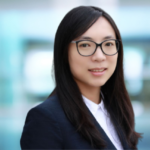 Bo Li will be joining the department as an Associate Professor in July 2023. She joins us from the Department of Computer Science at University of Illinois at Urbana-Champaign, where she was an Assistant Professor. She is the recipient of the IJCAI Computers and Thought Award, Alfred P. Sloan Research Fellowship, AI’s 10 to Watch, NSF CAREER Award, MIT Technology Review TR-35 Award, Dean’s Award for Excellence in Research, C.W. Gear Outstanding Junior Faculty Award, Intel Rising Star award, Symantec Research Labs Fellowship, Rising Star Award, Research Awards from Tech companies such as Amazon, Facebook, Intel, IBM, and eBay, and best paper awards at several top machine learning and security conferences. Her research focuses on both theoretical and practical aspects of trustworthy machine learning, which is at the intersection of machine learning, security, privacy, and game theory. She has designed several scalable frameworks for trustworthy machine learning and privacy-preserving data publishing systems. Her work has been featured by major publications and media outlets such as Nature, Wired, Fortune, and New York Times.
Bo Li will be joining the department as an Associate Professor in July 2023. She joins us from the Department of Computer Science at University of Illinois at Urbana-Champaign, where she was an Assistant Professor. She is the recipient of the IJCAI Computers and Thought Award, Alfred P. Sloan Research Fellowship, AI’s 10 to Watch, NSF CAREER Award, MIT Technology Review TR-35 Award, Dean’s Award for Excellence in Research, C.W. Gear Outstanding Junior Faculty Award, Intel Rising Star award, Symantec Research Labs Fellowship, Rising Star Award, Research Awards from Tech companies such as Amazon, Facebook, Intel, IBM, and eBay, and best paper awards at several top machine learning and security conferences. Her research focuses on both theoretical and practical aspects of trustworthy machine learning, which is at the intersection of machine learning, security, privacy, and game theory. She has designed several scalable frameworks for trustworthy machine learning and privacy-preserving data publishing systems. Her work has been featured by major publications and media outlets such as Nature, Wired, Fortune, and New York Times.
 Ari Holtzman is an incoming Assistant Professor for the Summer of 2024. His research interests have spanned everything from dialogue, including winning the first Amazon Alexa Prize in 2017, to fundamental research on text generation, such as proposing Nucleus Sampling, a decoding algorithm used broadly in deployed systems such as the OpenAI API as well as in academic research. Ari completed an interdisciplinary degree at NYU combining Computer Science and the Philosophy of Language. He will receive his PhD from the University of Washington.
Ari Holtzman is an incoming Assistant Professor for the Summer of 2024. His research interests have spanned everything from dialogue, including winning the first Amazon Alexa Prize in 2017, to fundamental research on text generation, such as proposing Nucleus Sampling, a decoding algorithm used broadly in deployed systems such as the OpenAI API as well as in academic research. Ari completed an interdisciplinary degree at NYU combining Computer Science and the Philosophy of Language. He will receive his PhD from the University of Washington.
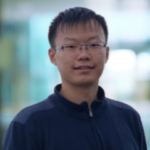 Haotian Jiang will be joining the department as an Assistant Professor in the Summer of 2024. He is currently a Postdoctoral Researcher at Microsoft Research, Redmond. In December 2022, he obtained his PhD from the Paul G. Allen School of Computer Science & Engineering at University of Washington under the supervision of Yin Tat Lee. He is broadly interested in theoretical computer science and applied mathematics. His primary area of expertise is the design and analysis of algorithms for continuous and discrete optimization problems and algorithm design through the lens of discrepancy theory. His work on optimization has been recognized by a Best Student Paper Award in SODA 2021.
Haotian Jiang will be joining the department as an Assistant Professor in the Summer of 2024. He is currently a Postdoctoral Researcher at Microsoft Research, Redmond. In December 2022, he obtained his PhD from the Paul G. Allen School of Computer Science & Engineering at University of Washington under the supervision of Yin Tat Lee. He is broadly interested in theoretical computer science and applied mathematics. His primary area of expertise is the design and analysis of algorithms for continuous and discrete optimization problems and algorithm design through the lens of discrepancy theory. His work on optimization has been recognized by a Best Student Paper Award in SODA 2021.
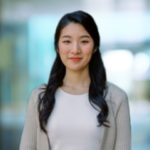 Mina Lee is an incoming Assistant Professor for the Summer of 2024. Her research goal is to design and evaluate language models to enhance our productivity and creativity and understand how these models change the way we write. She has built various writing assistants, including an autocomplete system, a contextual thesaurus system, and a creative story-writing system. In addition, she has developed a new framework to evaluate language models based on their ability to interact with humans and augment human capabilities. She was named one of MIT Technology Review’s Korean Innovators under 35 in 2022, and her work has been published in top-tier venues in natural language processing (e.g., ACL and NAACL), machine learning (e.g., NeurIPS), and human-computer interaction (e.g., CHI). Her recent work on human-AI collaborative writing received an Honorable Mention Award at CHI 2022 and was featured in various media outlets, including The Economist. Mina received her PhD from Stanford University in 2023.
Mina Lee is an incoming Assistant Professor for the Summer of 2024. Her research goal is to design and evaluate language models to enhance our productivity and creativity and understand how these models change the way we write. She has built various writing assistants, including an autocomplete system, a contextual thesaurus system, and a creative story-writing system. In addition, she has developed a new framework to evaluate language models based on their ability to interact with humans and augment human capabilities. She was named one of MIT Technology Review’s Korean Innovators under 35 in 2022, and her work has been published in top-tier venues in natural language processing (e.g., ACL and NAACL), machine learning (e.g., NeurIPS), and human-computer interaction (e.g., CHI). Her recent work on human-AI collaborative writing received an Honorable Mention Award at CHI 2022 and was featured in various media outlets, including The Economist. Mina received her PhD from Stanford University in 2023.
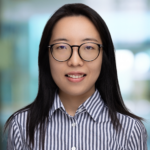 Tian Li will be joining the Department as an Assistant Professor in the Summer of 2024. Her research interests are in distributed optimization, federated learning, and trustworthy ML. Tian is receiving her PhD from Carnegie Mellon University. Prior to CMU, she received her undergraduate degrees in Computer Science and Economics from Peking University. She received the Best Paper Award at the ICLR Workshop on Security and Safety in Machine Learning Systems, was invited to participate in the EECS Rising Stars Workshop, and was recognized as a Rising Star in Machine Learning/Data Science by multiple institutions.
Tian Li will be joining the Department as an Assistant Professor in the Summer of 2024. Her research interests are in distributed optimization, federated learning, and trustworthy ML. Tian is receiving her PhD from Carnegie Mellon University. Prior to CMU, she received her undergraduate degrees in Computer Science and Economics from Peking University. She received the Best Paper Award at the ICLR Workshop on Security and Safety in Machine Learning Systems, was invited to participate in the EECS Rising Stars Workshop, and was recognized as a Rising Star in Machine Learning/Data Science by multiple institutions.
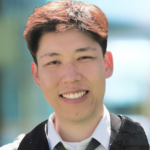 Kexin Pei will be starting as an Assistant Professor in the Summer of 2024. His research lies at the intersection of Security, Software Engineering, and Machine Learning, focusing on developing data-driven program analysis approaches to improve the security and reliability of traditional and AI-based software systems. He gets most excited about developing machine learning models that can reason about program structure and behavior to precisely and efficiently analyze, detect, and fix software bugs and vulnerabilities. His research has received the Best Paper Award in SOSP, a Distinguished Artifact Award, been featured in CACM Research Highlight, and won CSAW Applied Research Competition Runner-Up. He works with Learning for Code team at Google DeepMind, building program analysis tools based on large language models. Kexin received his Ph.D. in Computer Science from Columbia University.
Kexin Pei will be starting as an Assistant Professor in the Summer of 2024. His research lies at the intersection of Security, Software Engineering, and Machine Learning, focusing on developing data-driven program analysis approaches to improve the security and reliability of traditional and AI-based software systems. He gets most excited about developing machine learning models that can reason about program structure and behavior to precisely and efficiently analyze, detect, and fix software bugs and vulnerabilities. His research has received the Best Paper Award in SOSP, a Distinguished Artifact Award, been featured in CACM Research Highlight, and won CSAW Applied Research Competition Runner-Up. He works with Learning for Code team at Google DeepMind, building program analysis tools based on large language models. Kexin received his Ph.D. in Computer Science from Columbia University.
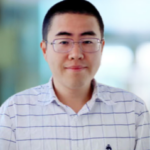 Ce Zhang is an incoming Associate Professor for the Summer of 2024. He is currently an Associate Professor of Computer Science at ETH Zurich. Before joining the department he will spend his time as the CTO of Together, building a decentralized cloud for artificial intelligence. His research looks at the fundamental tension between data, model, computation and infrastructure, with the final goal of democratizing machine learning and artificial intelligence. His current research focuses on building next-generation machine learning platforms and systems that are data-centric, human-centric, and declaratively scalable. Before joining ETH, Ce finished his PhD at the University of Wisconsin-Madison and spent another year as a postdoctoral researcher at Stanford, both advised by Christopher Ré. His work has received recognitions such as the SIGMOD Best Paper Award, SIGMOD Research Highlight Award, Google Focused Research Award, an ERC grant, and has been featured and reported by Science, Nature, the Communications of the ACM, and various media outlets such as Atlantic, WIRED, Quanta Magazine, etc. He also currently serves as the co-Editors-in-Chief of DMLR, a new member of the JMLR family focusing on data-centric machine learning research.
Ce Zhang is an incoming Associate Professor for the Summer of 2024. He is currently an Associate Professor of Computer Science at ETH Zurich. Before joining the department he will spend his time as the CTO of Together, building a decentralized cloud for artificial intelligence. His research looks at the fundamental tension between data, model, computation and infrastructure, with the final goal of democratizing machine learning and artificial intelligence. His current research focuses on building next-generation machine learning platforms and systems that are data-centric, human-centric, and declaratively scalable. Before joining ETH, Ce finished his PhD at the University of Wisconsin-Madison and spent another year as a postdoctoral researcher at Stanford, both advised by Christopher Ré. His work has received recognitions such as the SIGMOD Best Paper Award, SIGMOD Research Highlight Award, Google Focused Research Award, an ERC grant, and has been featured and reported by Science, Nature, the Communications of the ACM, and various media outlets such as Atlantic, WIRED, Quanta Magazine, etc. He also currently serves as the co-Editors-in-Chief of DMLR, a new member of the JMLR family focusing on data-centric machine learning research.




